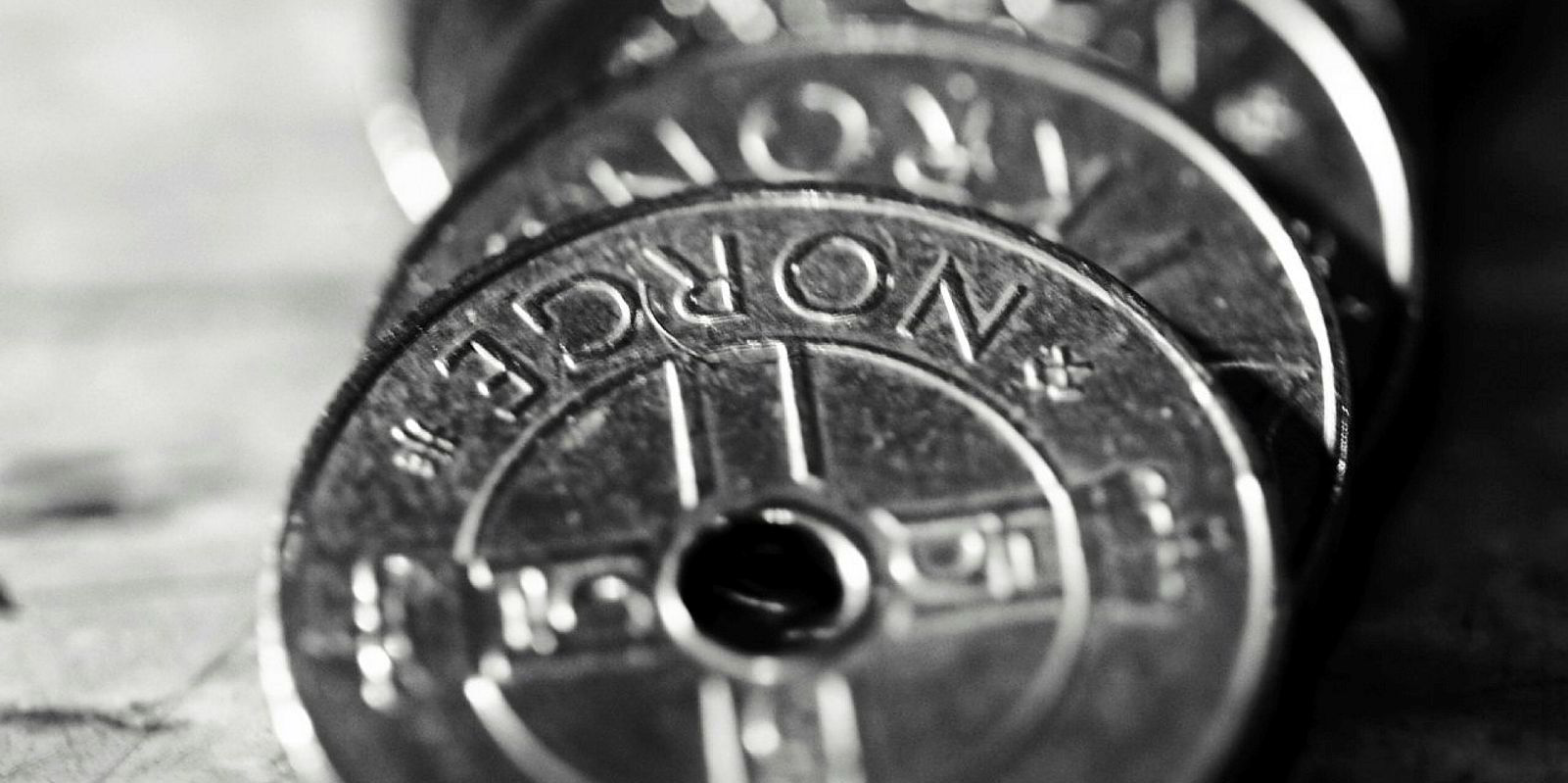Norwegian shipowners are facing a more favourable tax regime at home in recent years, but the full repealing of the personal wealth tax — as many of them have called for — remains out of the question due to a lack of support in the wider society.
Since being elected, Norway’s Conservative-led coalition government has reduced the tax rate on net personal wealth to 0.85% this year from 1.1% in 2014, while raising the threshold to NOK 1.5m ($171,000) from NOK 870,000.
The government, headed by Prime Minister Erna Solberg, has vowed to continue to cut personal wealth tax on shares and operating assets. In 2019, taxpayers are allowed to discount the valuations of those by 25%.
“We hope it will be reduced, but we are realistic on this,” Harald Solberg, chief executive of Norwegian Shipowners’ Association (NSA), says. “Most likely, there will be a small step in the right direction.”
The personal wealth tax only applies to Norwegian citizens, and those not resident in the country are generally taxed on their Norway-based assets. It has long drawn discomfort from Norwegian shipping companies, many of them primarily owned by Norwegian citizens.
In a recent NSA member survey, 97% of shipowners state the repealing of wealth tax on working capital would help them maintain competitiveness.
“The current wealth tax regime is not neutral, and is also negative in terms of competition with foreign investors who don’t need to pay wealth tax,” Thor Leegaard, a tax partner at KPMG Norway, says.
According to industry officials, repealing the tax would shield shipowners from more cash outflows when market conditions are weak, while potentially prompting more investment during the good times.
“Some people are able to pay out of savings but not all. Owners [often] need to take dividends from their companies to pay wealth tax,” says Leegaard. "An additional 32% income tax would be levied on the dividend, which effectively increases the burden of the wealth tax."
To support its welfare state, Norway has some of the highest taxes in the world. Whom and what to tax upon are often contentious matters.
Many large Norwegian shipowners have chosen self-imposed tax exile over the decades, most notably John Fredriksen, who became a Cypriot citizen to reduce tax liabilities in 2006.
“There are many who want to become Norwegian citizens," then-Norwegian Prime Minister Jens Stoltenberg reportedly said at the time. "If John Fredriksen doesn't, it is not a problem. It doesn't bother me.”
However, based on public image, shipowners may not be in the best position to argue for lower taxes. On Kapital’s 2018 list of richest Norwegians, four of the top seven are in the maritime industry, namely Fredriksen, Torstein Hagen, Kjell Inge Rokke and Arne Wilhelmsen. (The publication apparently still sees Fredriksen as a Norwegian, despite his citizenship change.)
Other wealth indices provide similar results. Forbes estimated Fredriksen’s net worth at $11.1bn as of early May, Rokke’s was at $4bn, Wilhelmsen and his family had $3.7bn and Hagen was on $2.4bn.
“The shipping industry pioneered the use of tax havens — to avoid labour and other regulations, and to avoid tax, through abusing the ‘flag state’ rules,” says Sigrid Klaeboe Jacobsen, executive director of Tax Justice Network’s Norwegian operations.
“Its mobility has further allowed the industry to extract highly favourable tax regimes from traditional shipping nations, such as Norway, that hope to keep the industry domiciled … That such an industry now expresses opposition to one of the few taxes it has yet to find a way to avoid, is not surprising, but it is hard to take the industry seriously in a discussion of fair taxation.”





